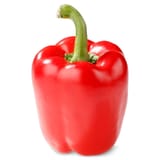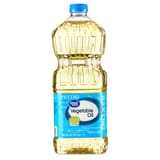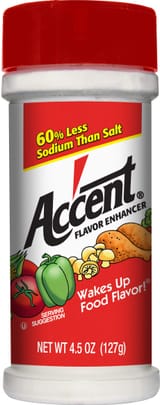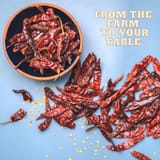Anonymous
7/6/2025, 2:12:41 AM
No.21449690
[Report]
>>21449695
>>21449696
>>21449704
>>21449726
>>21449728
>>21449731
>>21449733
>>21449780
>>21449878
>>21449938
>>21450577
>>21450622
>>21451407
How the fuck do I make eating vegetables tolerable, as someone whose palette was fucked up by having a fat white single mother that thinks fruit is good for you? Every time I try to eat a bell pepper, red or green, I can have two bites tops before putting it down, even after cutting the bitter white part out.
Am I doomed to be fucking my body up with fructose if I want vitamin C? Is there some way to tolerate this stuff that I don't know about?
Best idea I got is to toss all the vegetables I need for the day in a blender, along with enough fruit to overpower flavors I hate. Is that viable?
Am I doomed to be fucking my body up with fructose if I want vitamin C? Is there some way to tolerate this stuff that I don't know about?
Best idea I got is to toss all the vegetables I need for the day in a blender, along with enough fruit to overpower flavors I hate. Is that viable?






